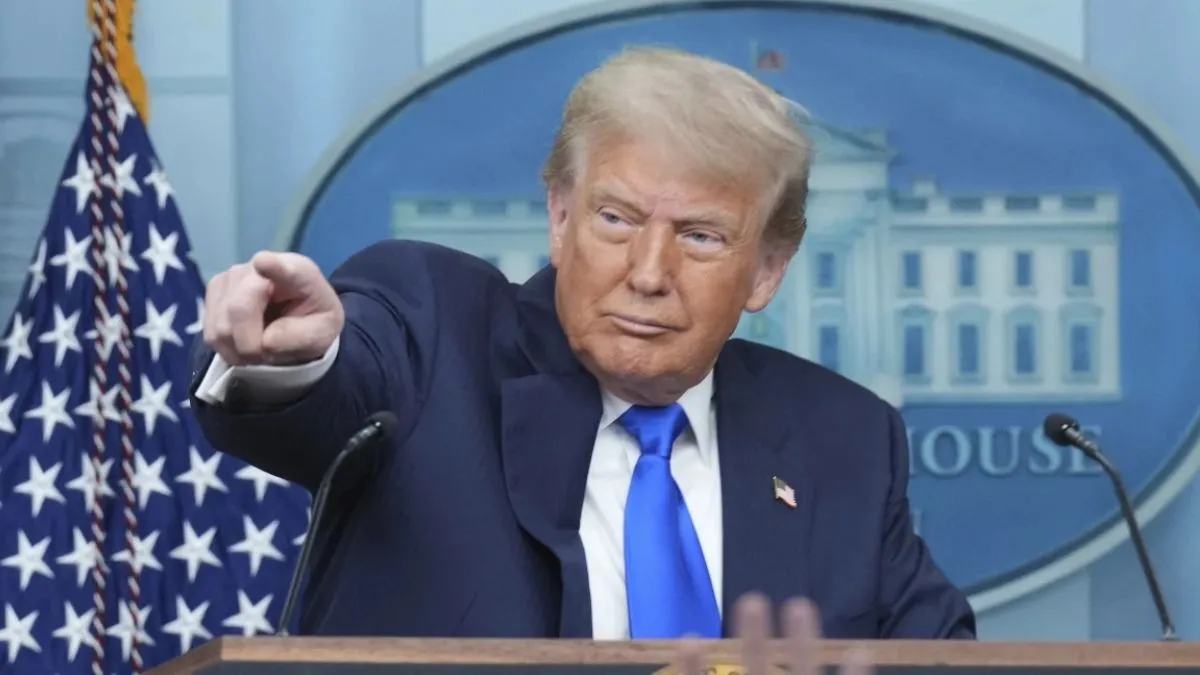G20 Finance Ministers Edge Closer to Agreement in South Africa Amidst US Tariff Concerns

G20 Finance Chiefs Navigate Trade Tensions in South Africa
Johannesburg, South Africa – Finance ministers from the Group of 20 (G20) nations are nearing a consensus on key economic and trade issues during their meeting in South Africa. This agreement would mark a significant milestone, representing the first unified stance since the election of US President Donald Trump and the subsequent escalation of trade tensions, particularly the imposition of tariffs.
A Delicate Balancing Act
The discussions, held against a backdrop of global economic uncertainty and protectionist measures, have been described as complex but productive. While a complete resolution of all disagreements remains elusive, sources indicate a strong push towards a joint declaration that acknowledges the importance of free and fair trade, alongside a commitment to address global challenges like climate change and sustainable development.
US-China Trade War Shadows the Summit
The ongoing trade war between the United States and China continues to cast a long shadow over the G20 summit. The US imposition of tariffs on a wide range of Chinese goods, and China's retaliatory measures, have disrupted global supply chains and fueled concerns about a potential slowdown in economic growth. Finance ministers are acutely aware of the need to de-escalate these tensions and foster a more stable international trade environment.
Key Areas of Discussion
Beyond trade, the G20 finance chiefs are also grappling with a range of other critical issues, including:
- Global Economic Growth: Assessing the current state of the global economy and identifying strategies to promote sustainable and inclusive growth.
- Financial Stability: Monitoring and addressing potential risks to the global financial system, including those related to emerging markets and cryptocurrencies.
- Climate Change: Discussing the financial implications of climate change and exploring ways to mobilize resources for climate action.
- Debt Sustainability: Addressing concerns about rising debt levels in some countries and working towards sustainable debt management practices.
The Path Forward
Achieving a unified G20 position is crucial for maintaining global economic stability and coordinating policy responses to shared challenges. While differences in opinion persist, the willingness of finance ministers to engage in constructive dialogue and seek common ground offers a glimmer of hope. The final declaration is expected to emphasize the importance of multilateral cooperation and a rules-based international trading system.
Impact on Indian Economy
The outcome of the G20 meeting will have significant implications for the Indian economy. A stable global trade environment is essential for India's export-led growth strategy. Furthermore, the G20's focus on financial stability and climate change aligns with India’s own priorities. India, as a key member of the G20, will play a vital role in shaping the global economic agenda and ensuring that the interests of developing countries are adequately represented.
The meeting concludes with a renewed commitment to working together to address the world’s most pressing economic challenges and to fostering a more prosperous and sustainable future for all.






